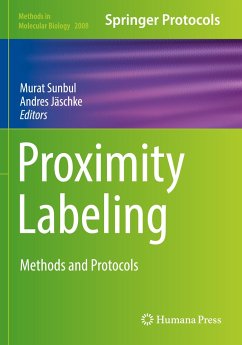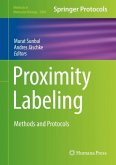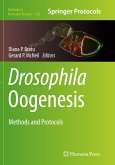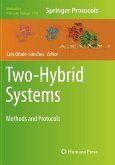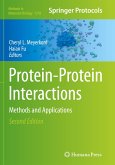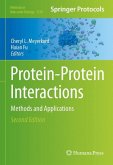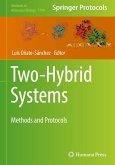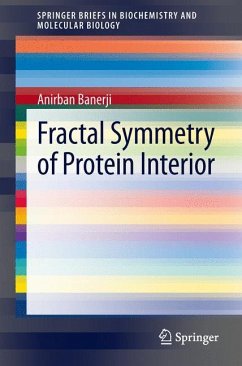This book provides detailed protocols and untold tips and tricks regarding the most well-known examples of proximity labeling methods, in which the protein of interest is genetically fused to or labeled with an enzyme that can generate short-lived reactive species to non-specifically label molecules within a certain radius of up to twenty nanometers. Beginning with peroxidase-based proximity labeling methods, the volume continues with BioID, proximity labeling methods that describe the proximity ligation assay to detect RNA-DNA interactions, UV cross-linking to demonstrate RNA-protein interactions, and how chemical and enzymatic reactivities can be improved upon DNA-DNA and protein-protein interactions, as well as "proximity-induced self-labeling," where the radius of labeling is zero. Written for the highly successful Methods in Molecular Biology series, chapters include introductions to their respective topics, lists of the necessary materials and reagents, step-by-step, readily reproducible laboratory protocols, and tips on troubleshooting and avoiding known pitfalls.
Authoritative and practical, Proximity Labeling: Methods and Protocols serves as an ideal guide for researchers exploring the crucial roles that proximity-driven reactions play in biological systems.
Authoritative and practical, Proximity Labeling: Methods and Protocols serves as an ideal guide for researchers exploring the crucial roles that proximity-driven reactions play in biological systems.

